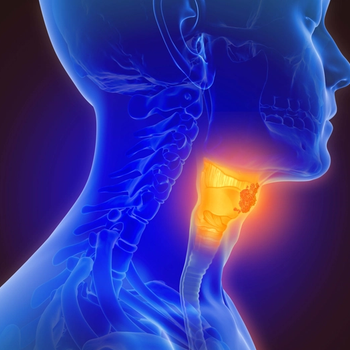
Early PRGN-3005 Data May Reignite CAR T-cell Research for Ovarian Cancer
PRGN-3005 autologous UltraCAR-T cells appear well-tolerated and decreases tumor burden in a population of patients with advanced platinum-resistant ovarian cancer.
Although previous studies assessing CAR T-cell therapies in the ovarian cancer space have been negative, the modality may still have potential via novel products such as PRGN-3005 autologous UltraCAR-T cells, according to Mary L. Disis, MD.
In an interview with CancerNetwork® during the
Transcript:
CAR T-cell products in the ovarian cancer space have been tested and haven't seemed to be that effective. They were done with first generation technologies, and one of the major problems was that they really didn't persist in the body, so they really didn't have much of an anti-tumor effect. With strategies such as this—engineering agents to help those CAR T-cell products persist—we'll start seeing clinical efficacy with these products in ovarian cancer.
People are looking at some of these newer technologies and bringing them to different cancers. Ovarian cancer has been a little bit of a problem for 2 reasons: Number one, there were some very early studies that turned out to be negative, and that usually drives people away from using that as their first studies. And then the second thing is that people are very curious about what the route of administration should be: intraperitoneal or intravenous. I'm hoping that once this phase 1 study is published, showing some level of efficacy and also addressing those issues of dosing, we'll bring more people working on CAR T cells back to ovarian cancer. This is because in cisplatin-refractory ovarian cancer, we certainly do need many more treatment options.
Reference
Liao JB, Stanton S, Chakaith M, et al. Phase 1/1b study of PRGN-3005 autologous UltraCAR-T cells manufactured overnight for infusion next day to advanced stage platinum resistant ovarian cancer patients. J Clin Oncol. 2023; 41(suppl 16):5590. doi:10.1200/JCO.2023.41.16_suppl.5590
Newsletter
Stay up to date on recent advances in the multidisciplinary approach to cancer.










































